Aug 14, 2023
The rise of the metaverse has brought about a paradigm shift in how businesses operate and interact with customers. A metaverse can be defined as a virtual world where individuals can engage in real-time, immersive experiences, foster social interaction, and conduct various activities. This digital realm combines elements of augmented reality, virtual reality (VR), blockchain technology, artificial intelligence (AI), and other cutting-edge innovations. In this article, we will explore the profound impact of the metaverse on businesses and its implications across various industries.
REAL ESTATE
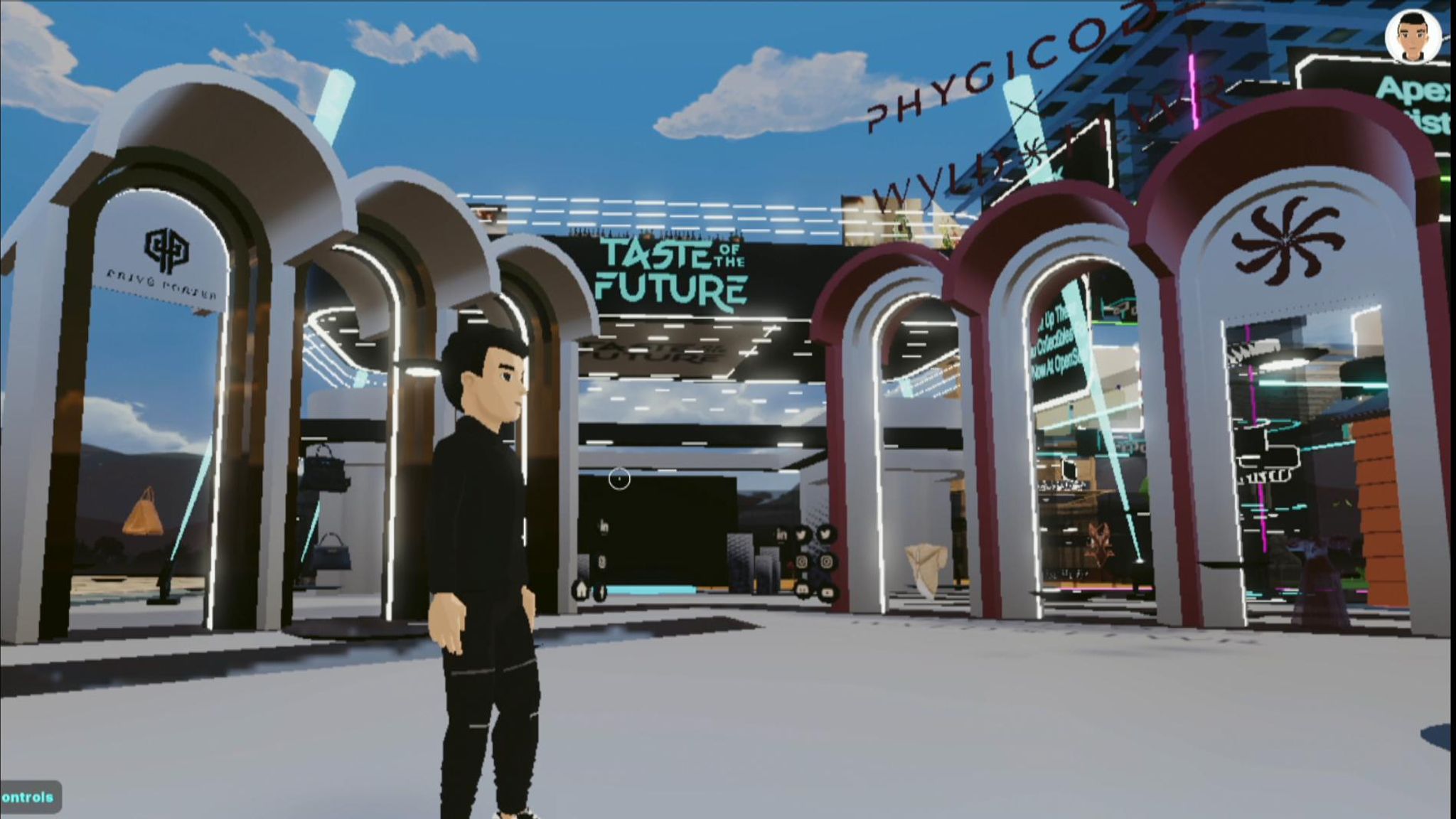
The metaverse has opened up new horizons for the real estate industry. In this virtual world, businesses can acquire and develop digital land, much like investing in physical properties in the real world. This virtual real estate can be used for various purposes, such as hosting events, launching virtual stores, or building immersive experiences for customers.
Virtual real estate in the metaverse holds the potential for lucrative returns on investment, as the demand for digital spaces continues to grow.
NFTS AND THE DIGITAL ECONOMY
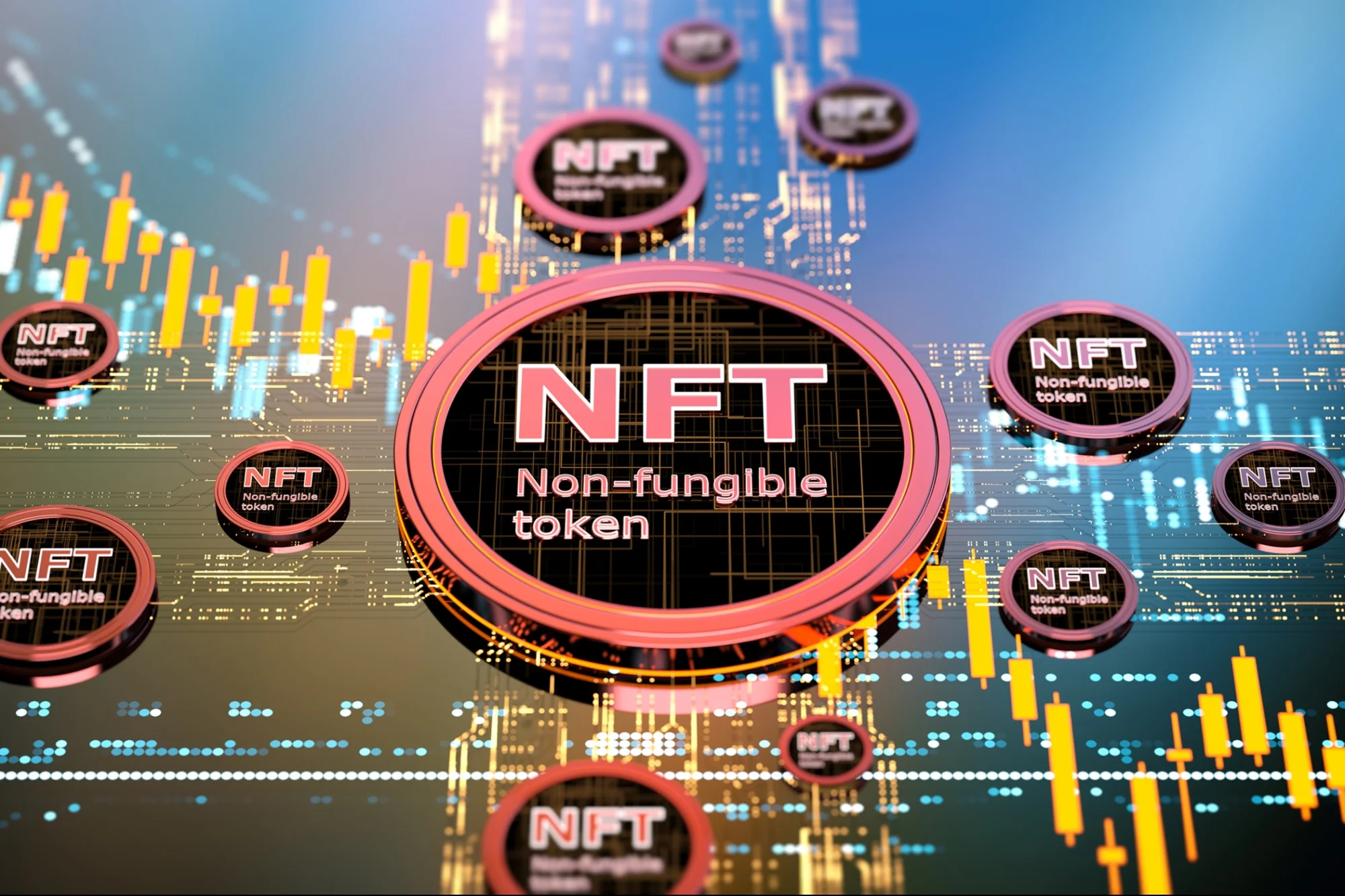
Non-fungible tokens (NFTs) have emerged as a significant component of the metaverse. NFTs enable the ownership and trade of unique digital assets, including virtual real estate, virtual goods, and digital art. Businesses can leverage NFTs to create scarce and valuable digital items that can be bought, sold, and traded within the metaverse. This opens up exciting possibilities for monetizing digital assets and creating new revenue streams. Moreover, NFTs also enable creators to retain ownership and control over their digital creations, granting them greater autonomy and financial opportunities.
AUGMENTED REALITY AND REAL-TIME EXPERIENCES
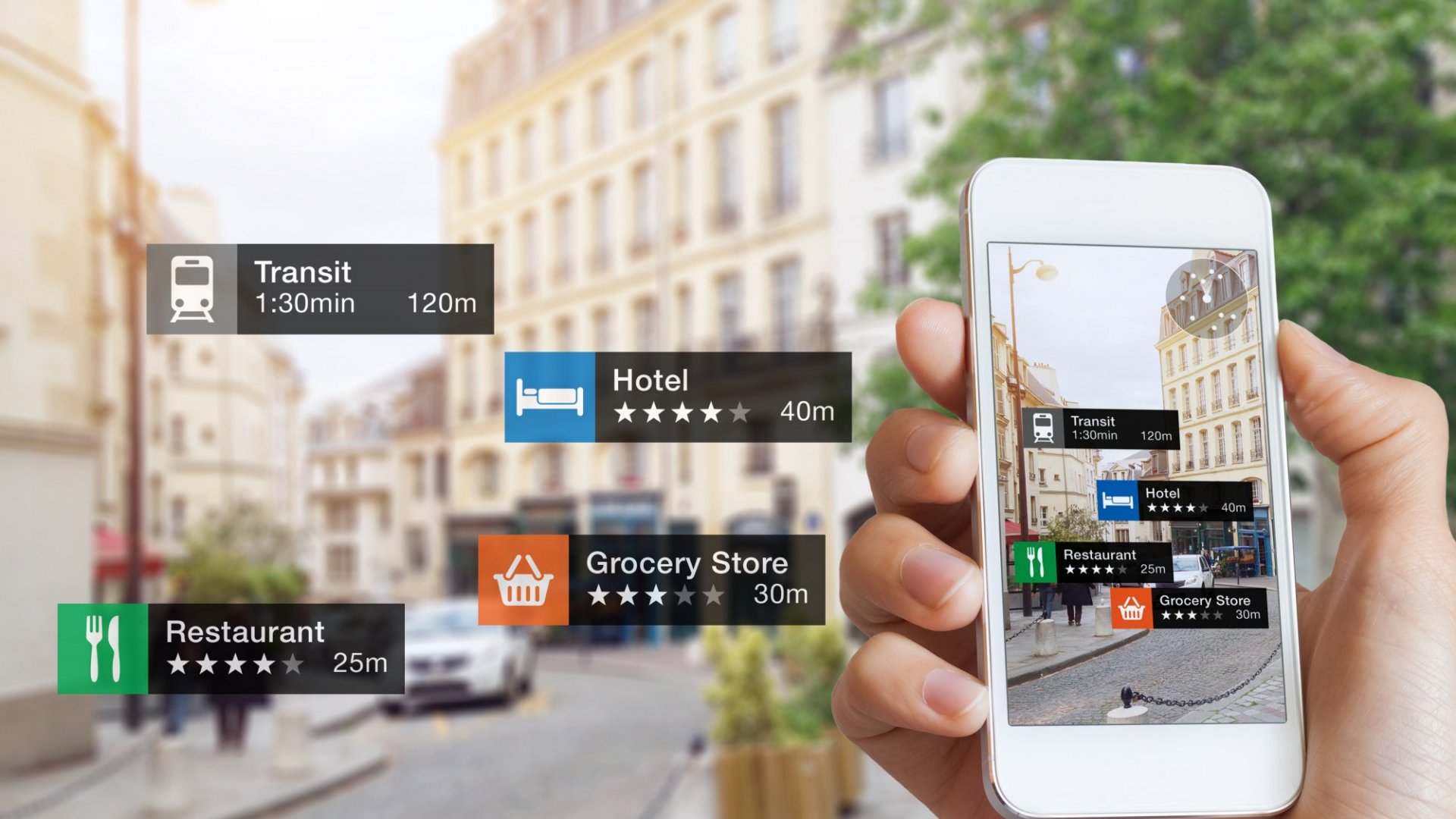
The metaverse blurs the lines between the real world and digital space, offering augmented reality (AR) experiences that enhance real-time interactions. Businesses can utilize AR technology to overlay digital information or objects onto the physical environment, providing customers with immersive and interactive experiences. For example, retailers can create virtual showrooms where customers can try on virtual clothing or visualize furniture in their homes. This integration of AR in the metaverse augments traditional business models and provides novel ways to engage and delight customers.
WEB3 AND THE EVOLUTION OF THE INTERNET
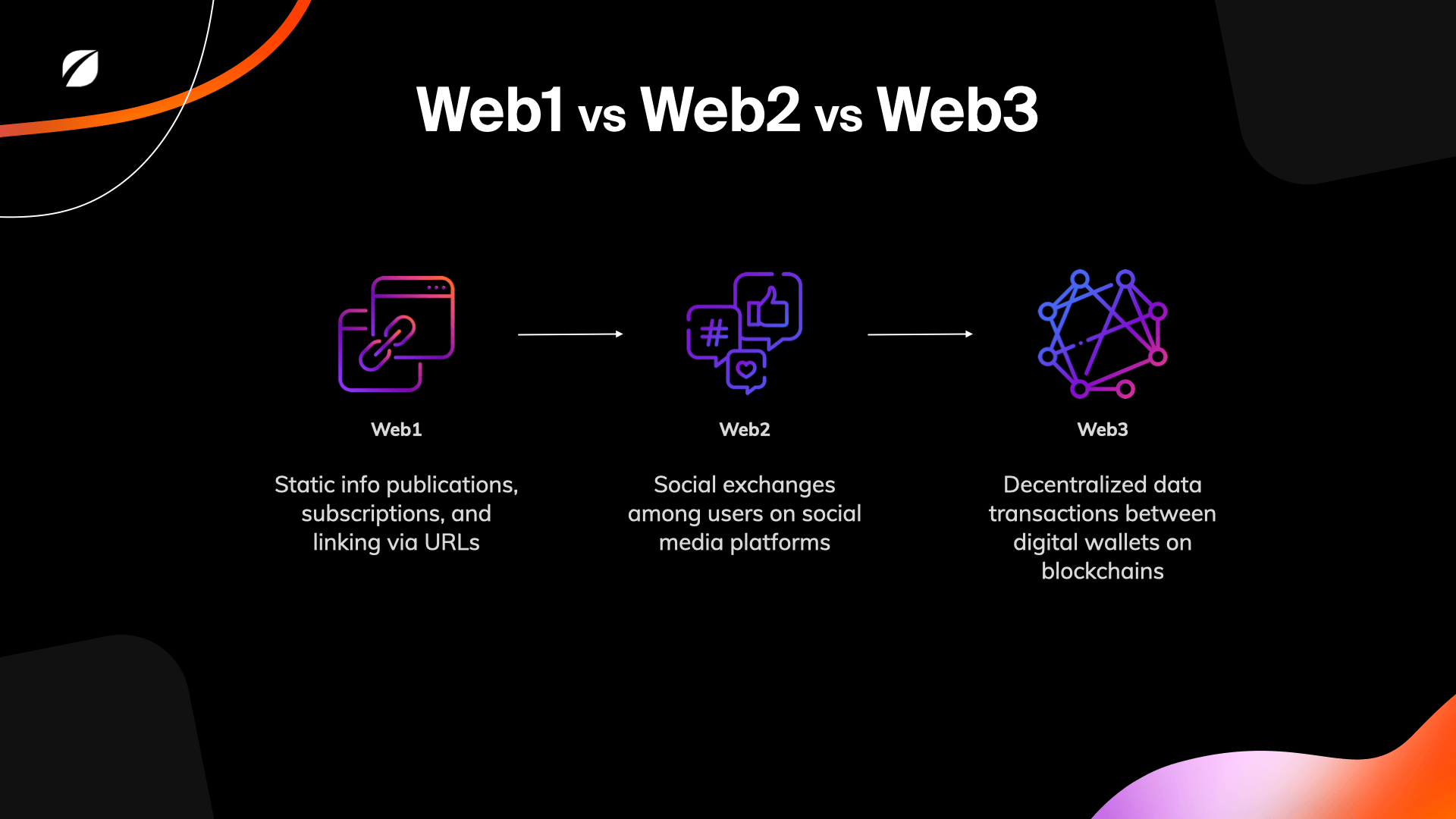
The metaverse is closely intertwined with Web3, a term used to describe the next generation of internet technologies and applications. Web3 embodies decentralized principles, utilizing blockchain technology and smart contracts to create a more secure, transparent, and user-centric digital ecosystem. By embracing Web3, businesses can unlock new possibilities, such as enabling peer-to-peer transactions, fostering trustless collaborations, and creating decentralized applications (dApps). This shift towards Web3 empowers businesses to adapt to the changing digital landscape and leverage the potential of blockchain technology and digital currencies.
DIGITAL TWINS AND ARTIFICIAL INTELLIGENCE
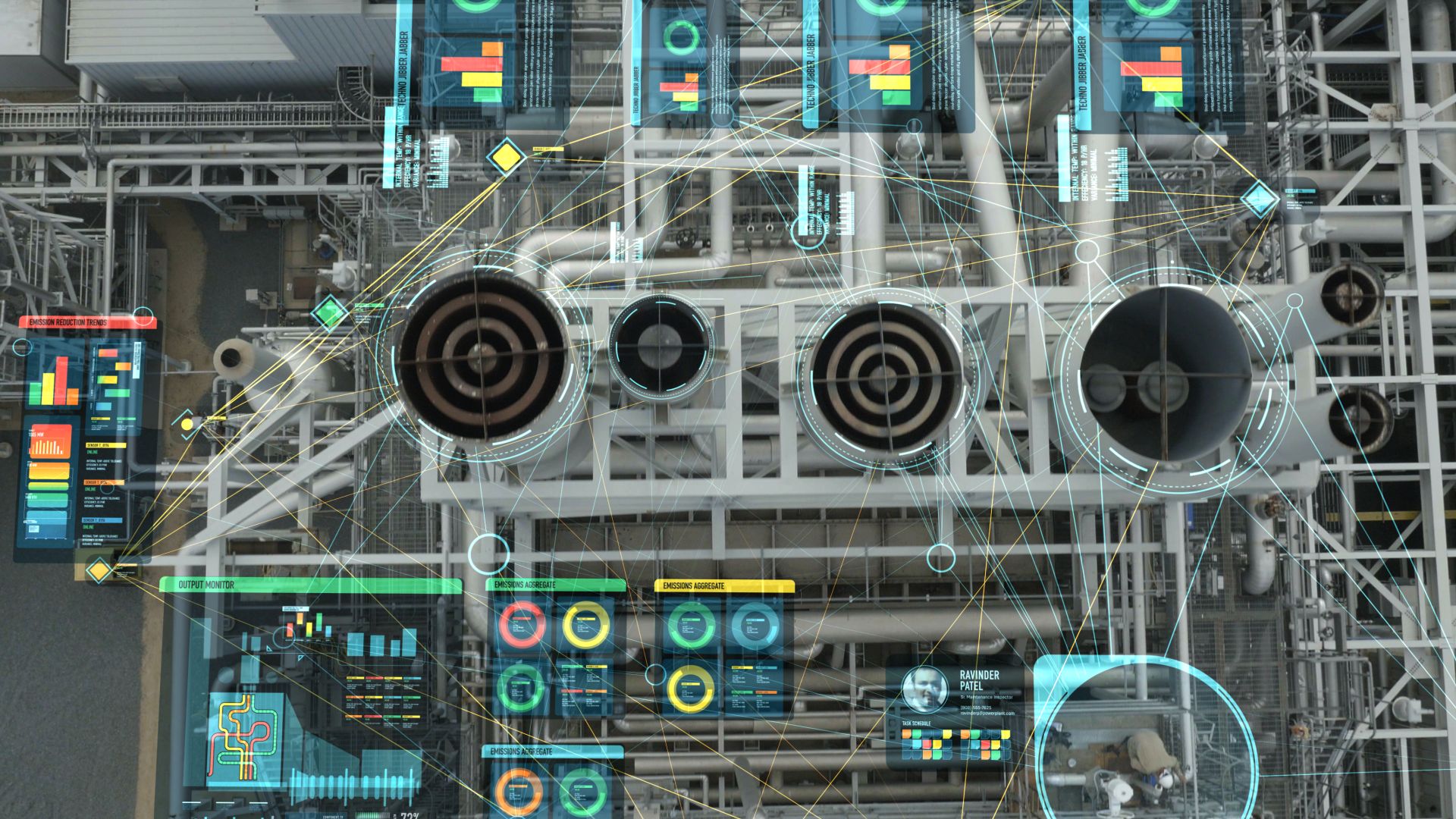
The metaverse offers the concept of digital twins, which are digital representations or simulations of physical objects, spaces, or processes. Businesses can create digital twins of their products, facilities, or even entire supply chains. These digital twins can be used for various purposes, such as optimizing operations, conducting simulations, or offering virtual training. Furthermore, combining digital twins with AI capabilities enhances the metaverse's potential by enabling intelligent automation, predictive analytics, and personalized experiences. This convergence of digital twins and AI opens up new avenues for innovation and efficiency in the business world.
META PLATFORMS AND BUSINESS OPPORTUNITIES
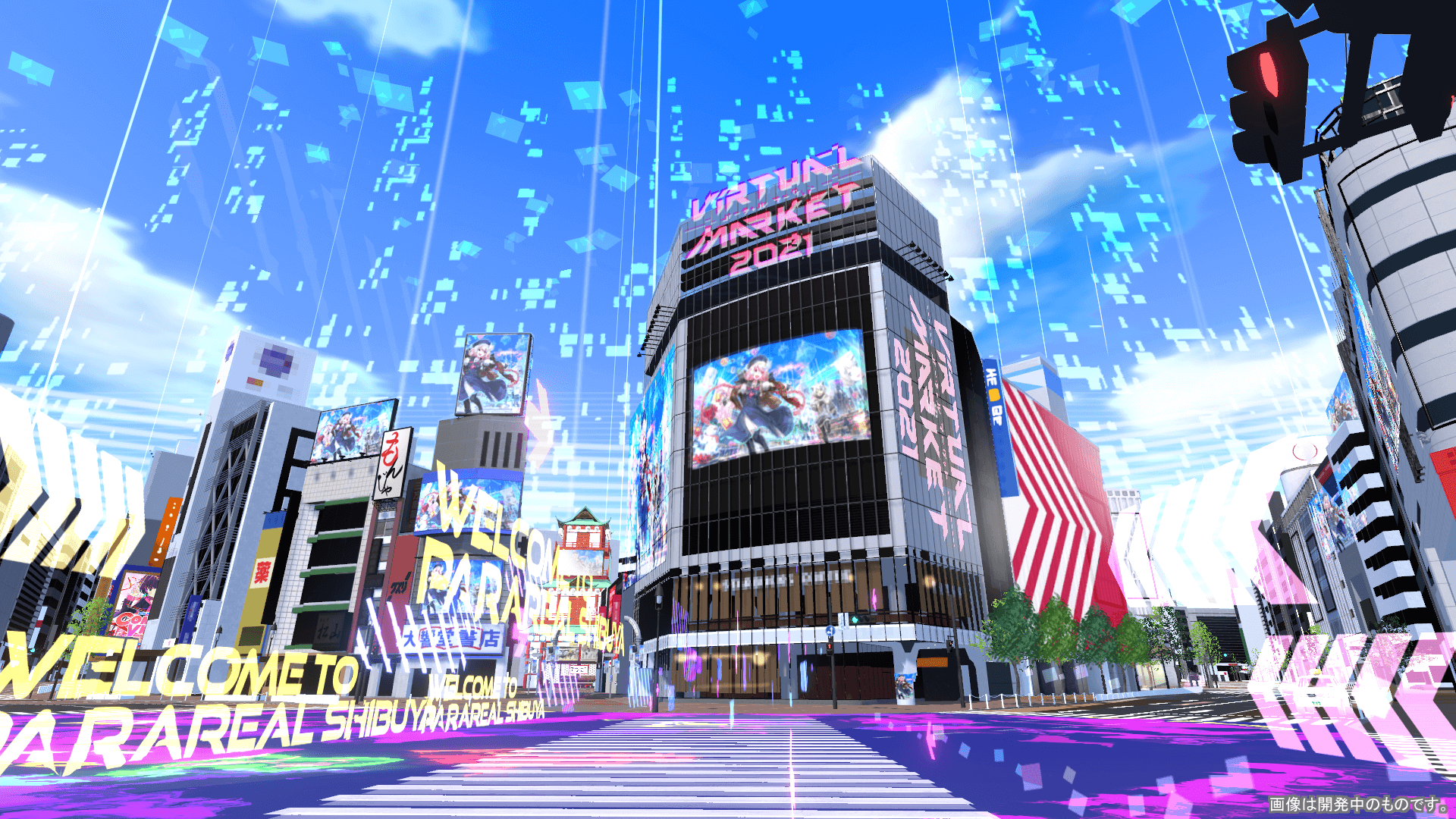
Meta platforms, such as social media networks or virtual marketplaces within the metaverse, offer businesses a fertile ground for expansion and customer engagement. These platforms serve as hubs for social interaction, commerce, and entertainment, attracting millions of users. Businesses can establish a presence on meta platforms, build virtual storefronts, or host events to reach a wider audience. This shift from traditional online spaces to the metaverse provides businesses with unique marketing channels and opportunities for growth.
TRANSFORMING ONLINE GAMING AND ENTERTAINMENT
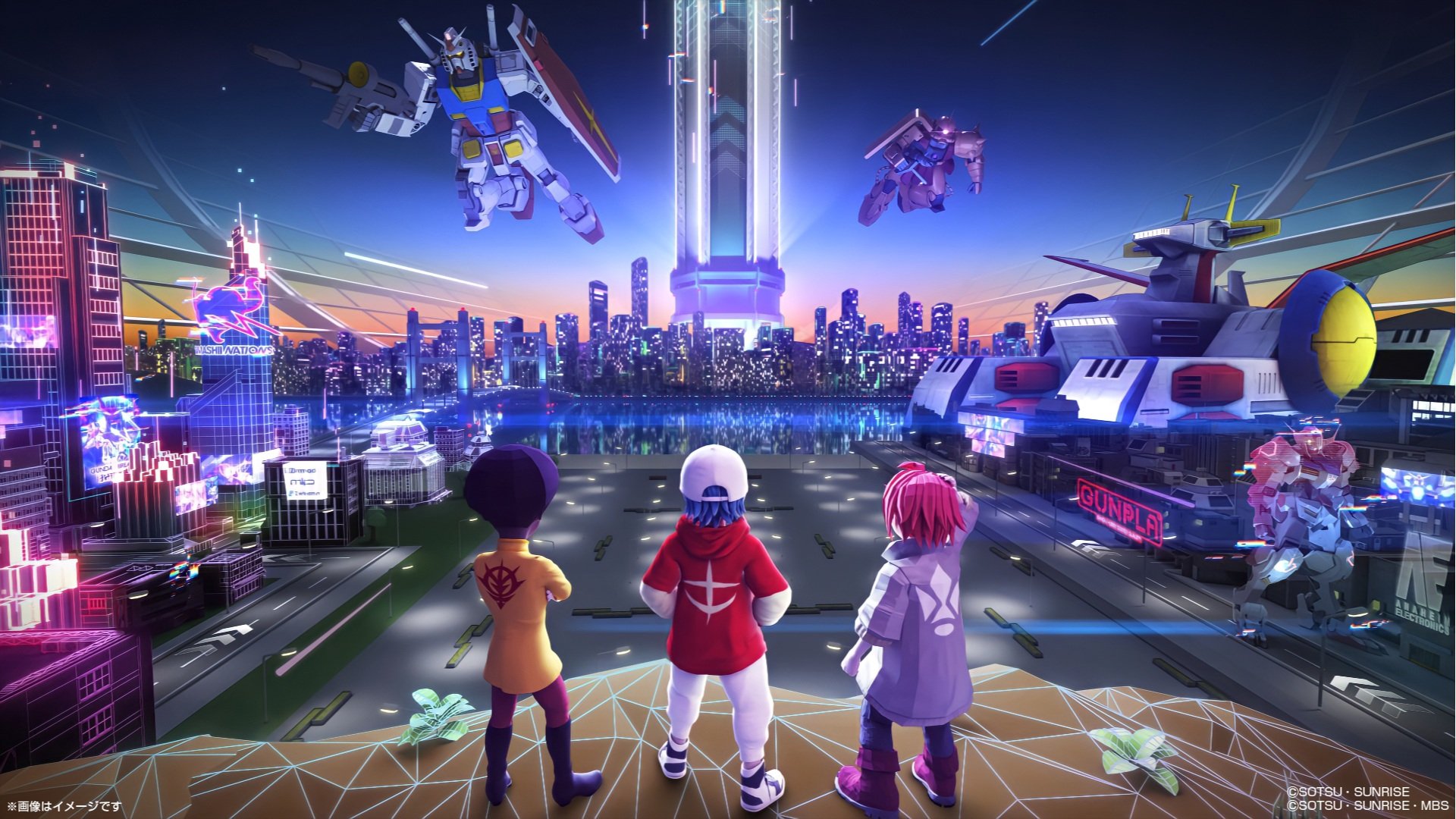
The metaverse has revolutionized the gaming and entertainment industries. Online games have evolved beyond their initial purpose of entertainment and now serve as immersive metaverse experiences. Players can engage in virtual worlds, collaborate with others, and even monetize their in-game achievements or assets through NFTs. This convergence of gaming and the metaverse has created a vibrant economy and a new form of digital entertainment. Businesses can tap into this ecosystem by developing metaverse-compatible games, sponsoring virtual events, or creating branded virtual experiences.
CONCLUSION
The metaverse represents a new frontier for businesses, redefining how they operate, engage with customers, and harness digital technologies. This fusion of virtual worlds, real estate, NFTs, augmented reality, AI, and blockchain technology offers tremendous opportunities across industries. Businesses that embrace this new technology can gain a competitive edge, unlock innovative revenue streams, and provide immersive digital experiences to their customers. As the metaverse continues to evolve, businesses must adapt and explore its potential to thrive in the digital era of tomorrow.





